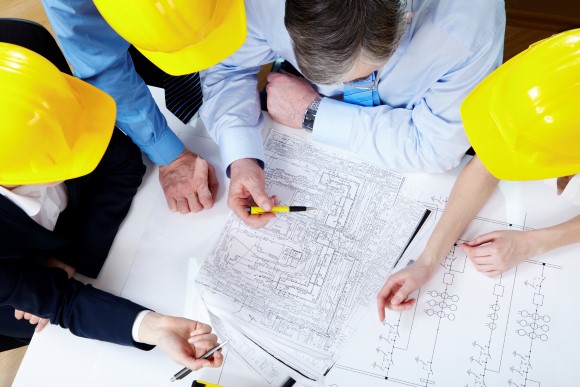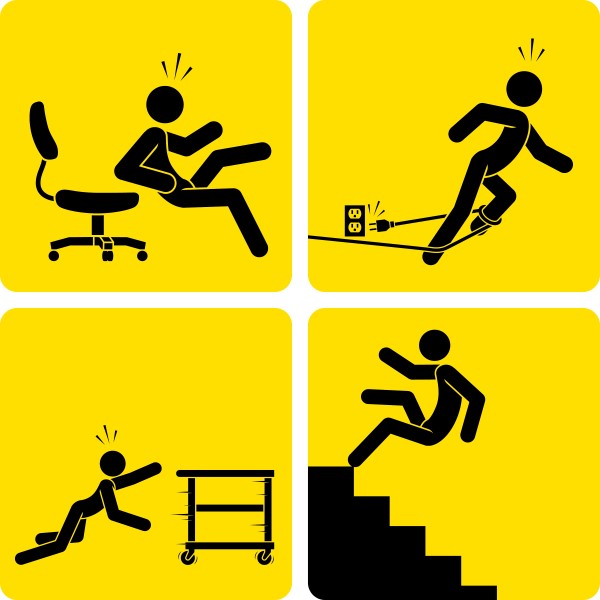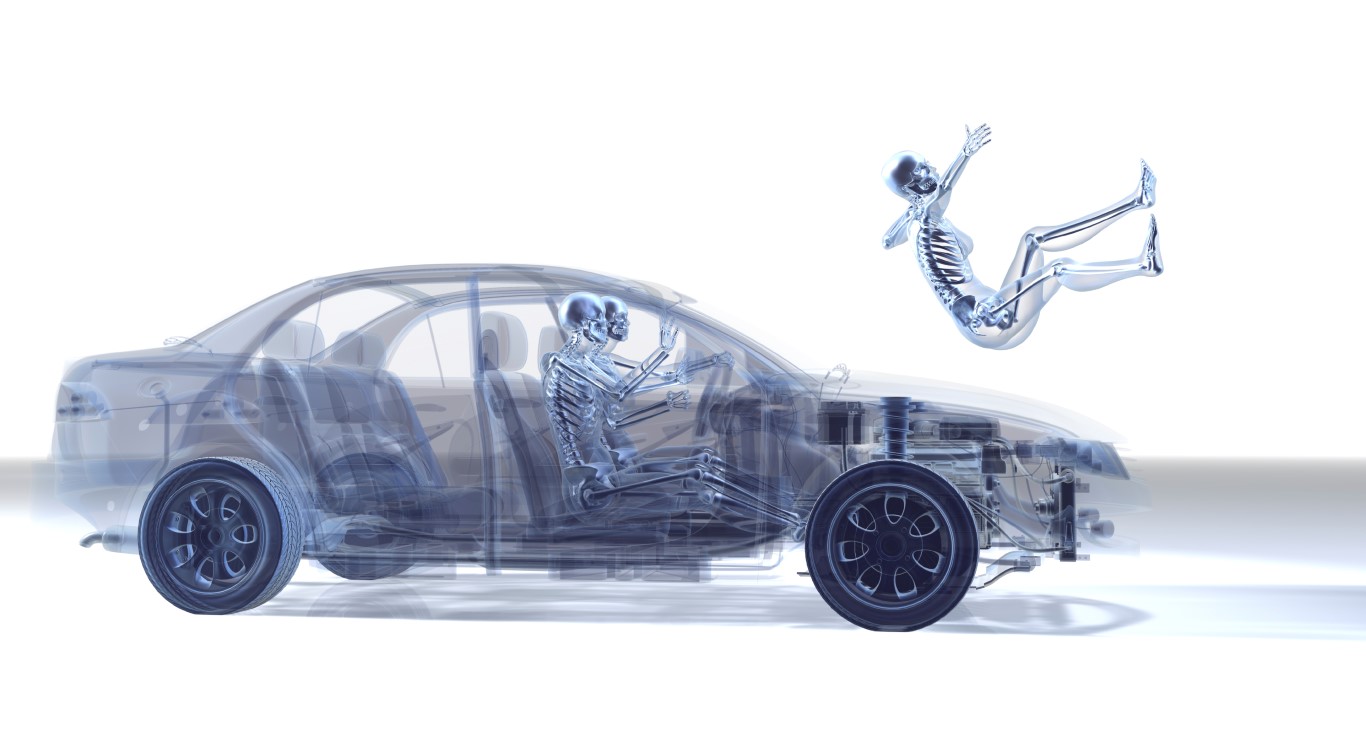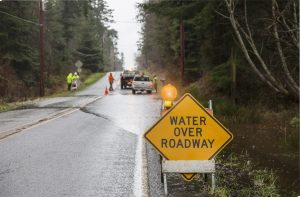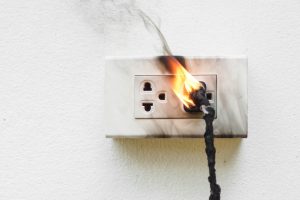Engineers aren't often compared to wolves, but in this sense they are similar. They are stronger in a pack than on their own. You're no rookie. You've been adjusting claims for over twenty years. Does that mean you never seek guidance or bounce some aspect of a claim off a colleague? Of course not. No matter how many claims you've worked, no two claims are exactly alike. There's often that unique twist. A co-worker may be familiar with the expert witness you're deposing, a fellow adjuster may have just dealt with a similar issue to the one you are currently wrestling with. The experience residing in the office next door can often be invaluable.
As an attorney you know how vital the knowledge and experience of your colleagues can be. Whether it's an older partner providing insight and experience or younger associates' energy and doggedness and perspective, when you are a member of a firm, you know you are not going it alone.
The same dynamic exists in forensic engineering firms. When forensic engineers are members of a company with multiple engineers, the engineers, and therefore their clients, have major advantages when investigating a case or claim.
There's no need to reinvent the wheel and have one's client pay for the reinvention. This is because, an engineer does not only garner the benefits of their own experiences from the cases they've worked, they also benefit from the lessons learned from all the firm's engineers and all the firm's past cases. A mechanical engineer is retained to investigate a forklift accident. He may have investigated dozens of forklift cases in the past and still not be familiar with the particular model or make involved in this incident. If the engineer is in a firm with multiple engineers and decades of history, a quick scan of the database may bring them to a past case where that make or model of forklift was involved. Reviewing that case and talking to the investigating engineer on that case may provide the engineer with critical insights and information. At a minimum, this communication between engineers will save the engineer hours of work, and the engineer's client significant money.
Engineers have different specialties and different engineering degrees. Mechanical, Civil and Electrical are three of the more common engineering disciplines in the forensic engineering field. Very often, cases and claims don't fit neatly into a specific discipline or category. Many products, such as appliances, elevators, HVAC systems and motorized devices, contain both mechanical and electrical systems. If one of these products fails or is involved in a fire and an expert is needed, how do you know whether it's a mechanical or electrical engineer that's needed? Often you don't know. Having both disciplines in the same company, maybe in the same office, can minimize risk and maximize one's return. Both engineers may be retained, but that is often not the case. Usually, one engineer is retained but the other engineer is there as a sounding board, resource and reviewer. If both engineers are retained, the client's costs are minimized because of the familiarity of the engineers with each other and their common systems and processes.
In many MVA accident investigations, especially low speed accident investigations, where serious injuries are questioned, a biomechanical engineer is retained. These biomechanical experts must work very closely with the accident reconstructionist, who is often a mechanical engineers. As in most endeavors that require detailed coordination, the strength of the relationship and quality of the communications are integrally tied to the quality of the resulting product.
We all know how important quality control is, especially in the litigation arena. Before any report goes out the door it is necessary to ensure that it is mistake free and that nothing was overlooked. Obviously most engineers will double and triple check their work, but nothing can take the place of that detached third party looking over the final product. When a forensic engineer works with a group of engineers, every report can be peer reviewed.
When seeking expert engineering assistance for your claim or case, remember the advantages of the pack over the lone wolf.
Featured Engineer: Russell A. Simmons Electrical Engineer
Connect with a CED Engineer in your region.
Submit a case or claim online.
